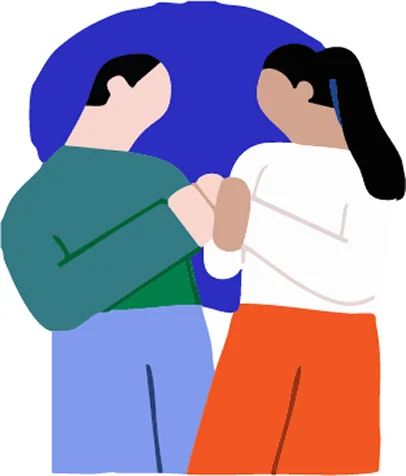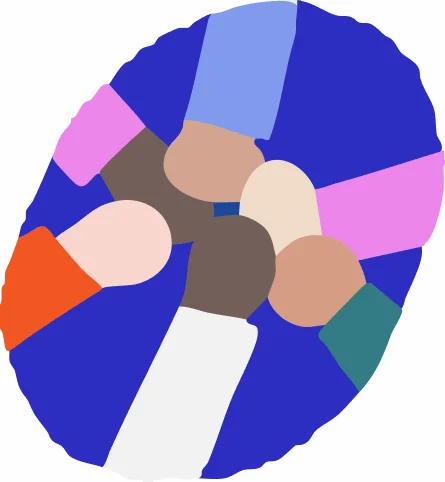

Opioids are a potent class of drugs frequently prescribed to relieve acute pain, chronic pain, cancer-related pain, palliative care, and end-of-life care.. While some are naturally derived from the opium poppy plant, such as morphine and codeine, others like fentanyl and oxycodone are synthetically manufactured. Beyond their medical use, certain opioids like heroin are illicitly produced and sold, contributing to a nationwide epidemic of addiction and overdose deaths. Understanding opioid addiction can help prevent misuse and get those struggling with addiction the help needed for recovery.
When taken as directed by a healthcare professional, opioids can provide immense relief. Many individuals start using opioids as prescribed for legitimate medical purposes, however, over time, tolerance can develop, leading to the need for higher doses to achieve the desired effects. In addition, their highly addictive nature poses a significant risk. This has resulted in an opioid crisis that has become a major public health concern in the United States. In fact, as of 2022, opioid-related deaths had increased 64% compared to 2019.
Opioid Use Disorder (OUD), or opioid addiction, is a complex and chronic condition characterized by an intense craving for opioids, continued use despite negative consequences, and withdrawal symptoms when attempting to stop use. This disorder reflects a pattern of opioid consumption that significantly impairs an individual’s ability to function in their daily life.
OUD is not just about being physically dependent on opioids, although that is an obvious sign of addiction. The psychological impact may be less obvious, but a comprehensive recovery plan will address both the physical cravings and the psychological challenges. People with opioid addiction often feel anxious, angry, or depressed as a result of opioid withdrawal or even opioid use.


Recognizing the signs and symptoms of opioid addiction is important for seeking timely intervention and support. While the signs may vary from person to person, there are several common behaviors and physical changes to look out for.
Watch for these common signs of opioid use disorder:
Eleanor Health offers safe and monitored virtual addiction treatment for opioids.
When an individual with opioid dependence abruptly stops or reduces their opioid intake, they may experience a range of uncomfortable withdrawal symptoms.
These symptoms can serve as a significant barrier to overcoming opioid addiction, often leading to relapse, which is why it is so important to have the right support in place when you are ready to stop using opioids.
Opioid addiction is a complex and multifaceted condition that requires a comprehensive and compassionate approach to treatment. By understanding the underlying causes, recognizing the signs, and embracing evidence-based interventions, individuals struggling with opioid use disorder can find hope and support on their journey to recovery.
Eleanor Health offers online medication-assisted treatment for opioids, alcohol, meth, and more. We create individualized treatment plans that include medications that are fit to your recovery goals as well as addiction counseling to support lasting sobriety. Fill out our online form or call us today to learn more about our addiction treatment services.

Medication-Assisted Treatment (also called “Medication for Addiction Treatment” or simply “MAT”) is a comprehensive approach that combines FDA-approved medications with peer support, counseling, and regular medical visits. This evidence-based approach aims to minimize cravings, manage withdrawal symptoms, and promote long-term recovery.
To learn more about the FDA-approved medications used for treating opioid use disorder, please click below:
Addressing the psychological and behavioral aspects of opioid addiction is a major part of lasting recovery. Various addiction therapies, also called “interventions,” can help support individuals in developing coping strategies, identifying triggers, and addressing the root causes of substance use.
Some commonly utilized therapies include:

Overcoming opioid addiction is often a lifelong journey, and having a strong support system can be invaluable. Peer support gives people a chance to connect with others who understand what they’re going through. It provides a safe place to share experiences, challenges, and successes in recovery. These support groups can help people stay accountable, give encouragement during tough times, and offer practical advice from those who have been through similar situations.
Call today to speak to one of our recovery specialists. We are ready to listen, learn and offer support without judgment.